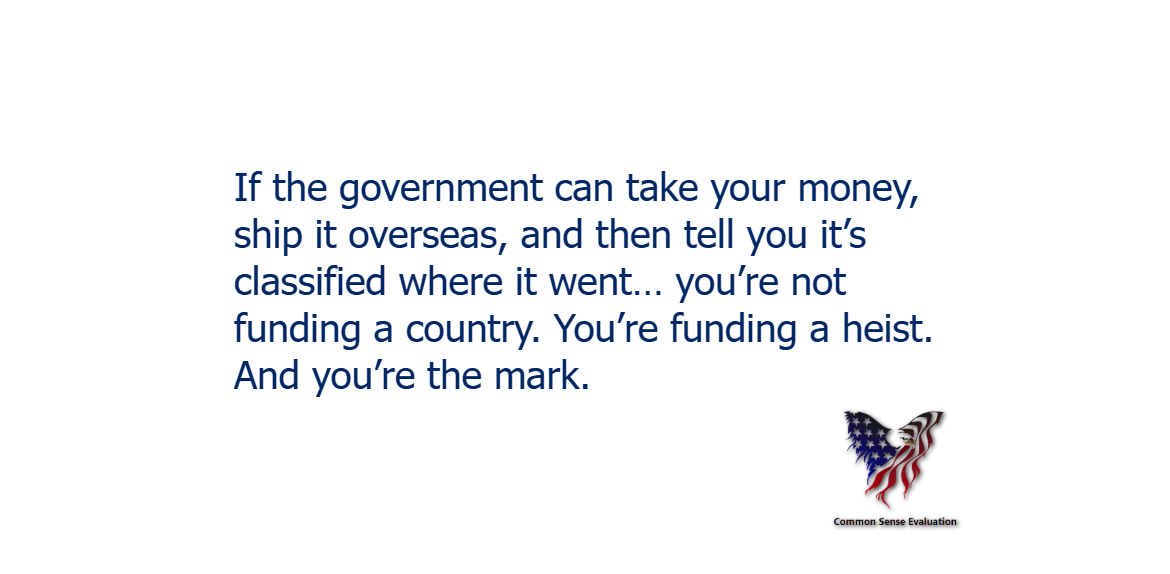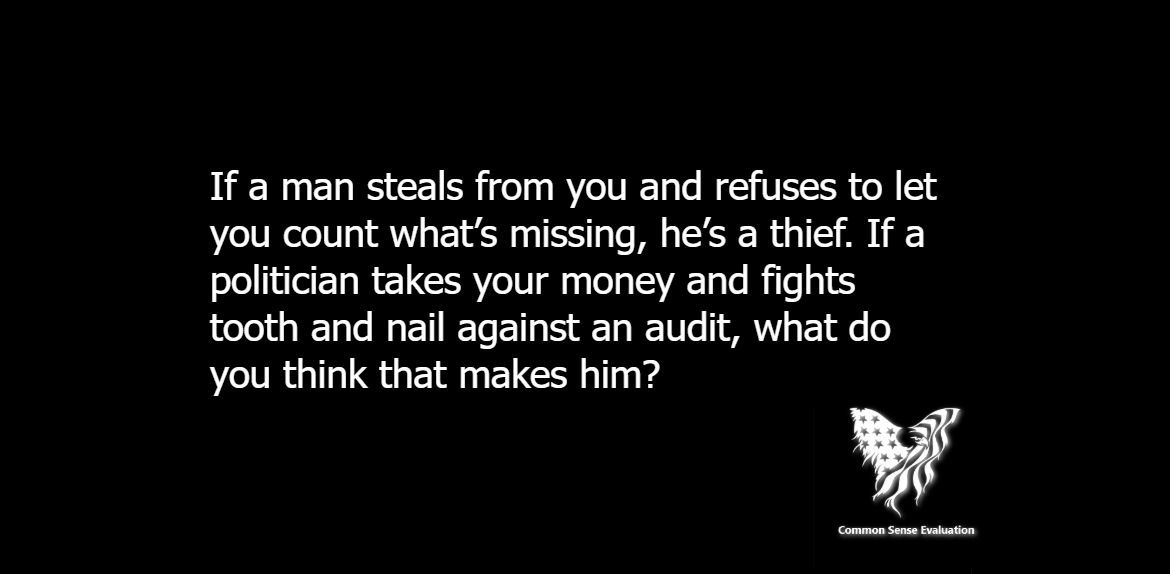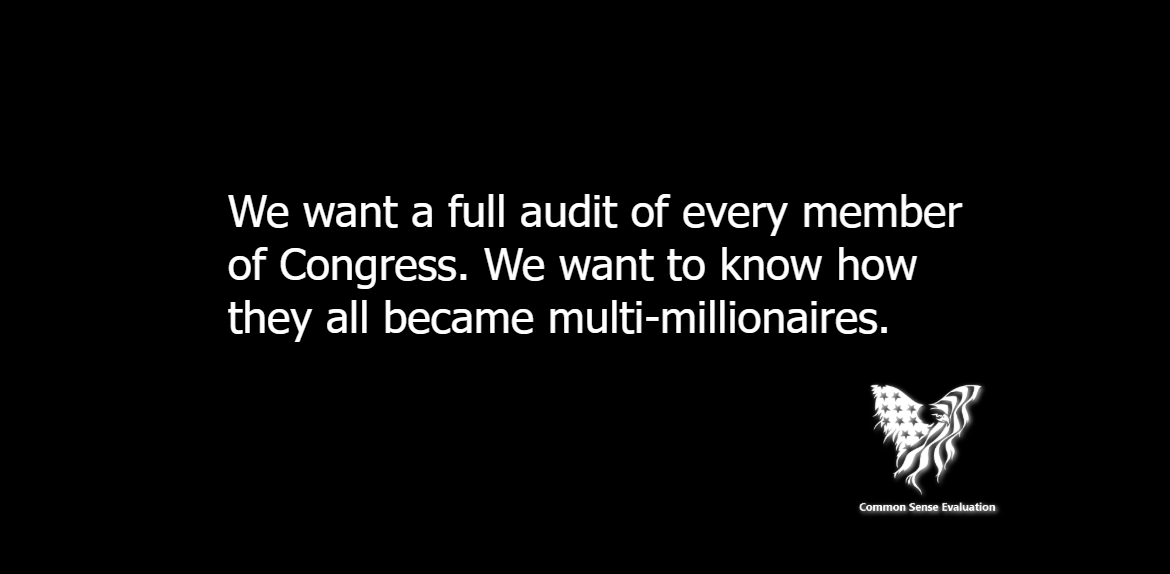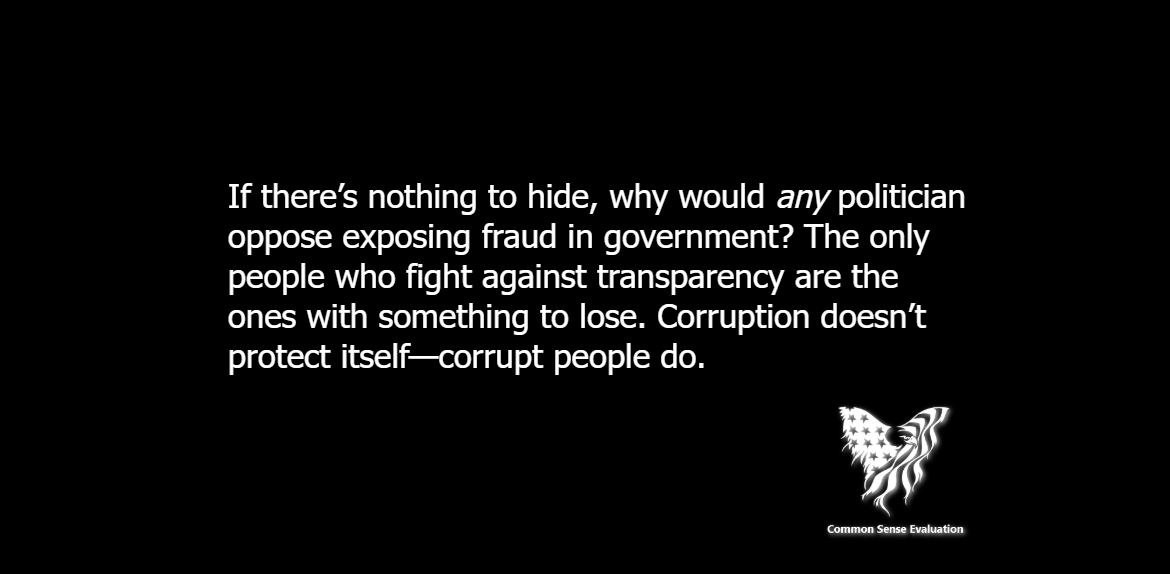Corruption is like a hydra. Cut off one head, and two more grow in its place. It’s not just about shady backroom deals or envelopes stuffed with cash. Corruption wears many masks, and politicians have mastered the art of switching them on and off depending on who’s watching. Let’s break down the different ways those in power exploit the system—because understanding the game is the first step to beating it.
Bribery: The Classic Move
Bribery is the oldest trick in the book. It’s simple: money talks, and politicians listen. But it’s not always as obvious as a briefcase full of cash. Sometimes, it’s a “donation” to a campaign fund, a luxury vacation disguised as a “fact-finding mission,” or a lucrative job offer for a family member.
The problem with bribery is that it’s often hidden in plain sight. A corporation donates millions to a politician’s reelection campaign, and suddenly, laws favoring that corporation start popping up. Coincidence? Maybe. But when you see the same pattern over and over, it’s hard to believe it’s just luck.
Nepotism: Keeping It in the Family
Nepotism is the practice of favoring relatives or friends, especially by giving them jobs. It’s like a family business, except the business is running a country. Politicians often hand out high-paying, influential positions to their kids, spouses, or college buddies—regardless of whether they’re qualified.
This isn’t just about fairness. When unqualified people are put in positions of power, the whole system suffers. Policies get botched, resources are wasted, and public trust erodes. But for the politicians involved, it’s a win-win. They get to reward their inner circle while tightening their grip on power.
Embezzlement: Stealing from the People
Embezzlement is when someone in power steals money they’re supposed to be managing. Think of it as a politician dipping into the public treasury to fund their lavish lifestyle. It’s not just greedy—it’s betrayal.
This type of corruption is especially insidious because it often goes unnoticed for years. By the time anyone catches on, the money is long gone, and the politician has moved on to their next scheme. And even if they’re caught, the punishment is often a slap on the wrist. After all, who’s going to hold them accountable? The same system they’ve rigged in their favor?
Cronyism: The Buddy System
Cronyism is like nepotism, but instead of family, it’s about friends and allies. Politicians give contracts, grants, or other benefits to their pals, often at the expense of the public good.
For example, a politician might award a multi-million-dollar government contract to a company owned by a close friend—even if that company isn’t the best choice for the job. The friend gets rich, the politician gets a kickback, and the public gets stuck with a shoddy project. It’s a win-win for everyone except the people who actually matter: the citizens.
Patronage: Trading Favors for Loyalty
Patronage is all about trading favors. A politician does something nice for someone—like giving them a job or a contract—and in return, that person owes them a favor. It’s a way of building a network of loyal supporters who will do whatever it takes to keep the politician in power.
This might sound harmless, but it’s not. When decisions are based on loyalty instead of merit, the system breaks down. Unqualified people end up in important positions, and the public suffers. But for the politician, it’s a smart move. The more people who owe them favors, the harder it is to take them down.
Electoral Fraud: Rigging the Game
Electoral fraud is when politicians cheat to win elections. This can take many forms, from stuffing ballot boxes to manipulating voter rolls. In some cases, they might even use their power to suppress votes or intimidate opponents.
The goal is always the same: to stay in power at any cost. And once they’ve rigged the system, it’s almost impossible to get them out. After all, if they control the election process, how can they ever lose?
Lobbying: Legalized Bribery
Lobbying is often called “legalized bribery,” and for good reason. It’s the practice of influencing politicians by giving them money or other benefits. In theory, lobbying is supposed to be a way for ordinary citizens to have their voices heard. In practice, it’s a way for corporations and special interest groups to buy influence.
The problem is that politicians are more likely to listen to those who can afford to pay them. This means that the concerns of ordinary citizens often get ignored, while the demands of wealthy donors take center stage. It’s not democracy—it’s dollar-ocracy.
Regulatory Capture: Controlling the Watchdogs
Regulatory capture happens when the agencies meant to regulate industries end up being controlled by those very industries. It’s like putting the fox in charge of the hen house.
For example, a politician might appoint a former oil executive to head an environmental protection agency. Unsurprisingly, that agency starts making decisions that benefit the oil industry—often at the expense of the environment. The result? The public loses faith in the system, and the politicians get to keep their donors happy.
The Bigger Picture: A System Designed to Fail
When you look at all these forms of corruption together, a pattern emerges. The system isn’t broken—it’s designed this way. Politicians have created a web of loopholes, favors, and backroom deals that allow them to stay in power while keeping the public in the dark.
But here’s the thing: they can only get away with it if we let them. The more we understand how corruption works, the harder it becomes for them to hide. So, what can we do? Stay informed. Ask questions. Demand transparency. And most importantly, don’t let them convince you that this is just how things are.
Corruption thrives in the shadows. Shine a light on it, and it starts to wither. The power to change the system is in our hands—if we’re brave enough to use it.




